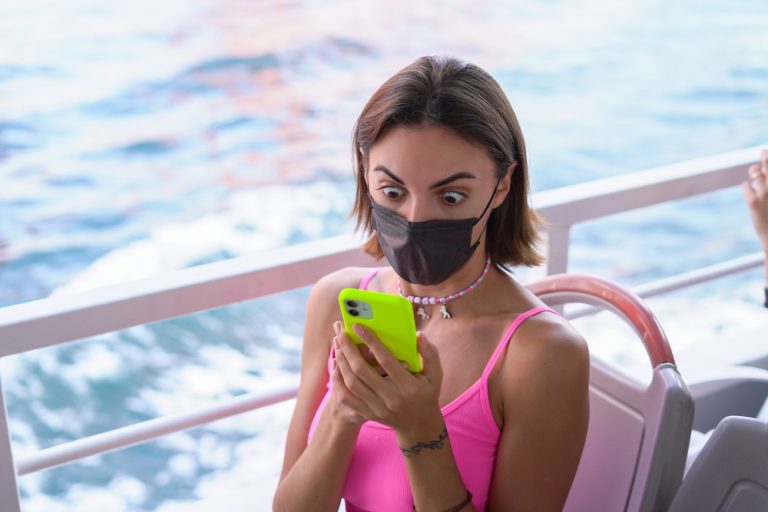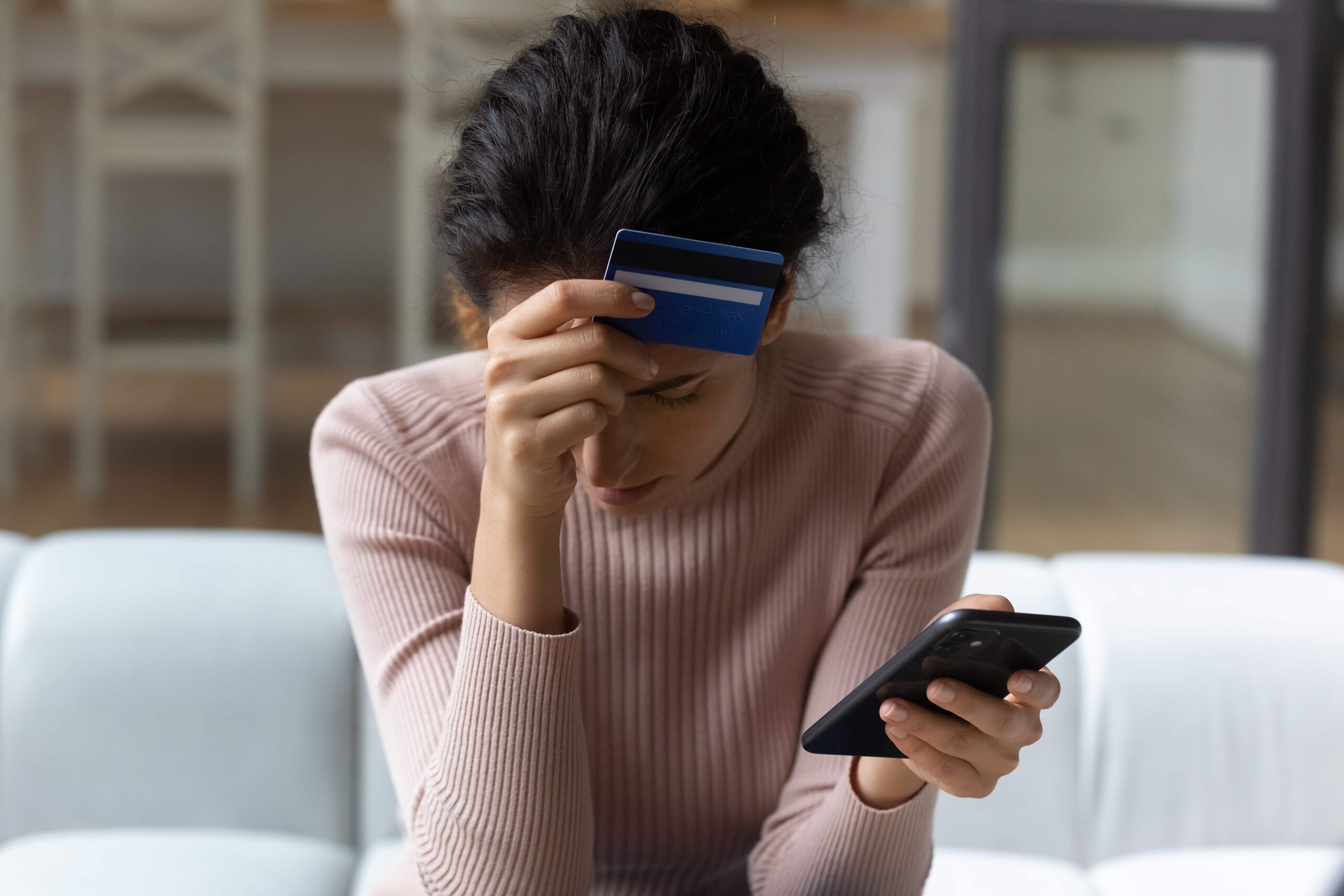The cruise industry has made huge strides in trying to prevent the pandemic on board its ships. But new government regulations and health rules come at a cost – and have added considerably to holiday bills – particularly multi-generational families.
Between PCR tests, increasing flight prices, rising insurance premiums and more, travel is inevitably proving to be more expensive.
When you’re planning your next cruise, here are some of the extra costs that have become part of everyone’s travel budget in the COVID era.
Rising insurance prices
While Cruise Passenger has previously gone over the minefield that is buying travel insurance in the COVID era, one undeniable takeaway is that prices are on the rise.
Michelle Levins, the director of My Cruise Concierge said: “As expected, the premiums have increased across the board for all insurers. Some insurance companies have added exclusions for pandemics but some have added cover for COVID, there may also be COVID exclusions for multi night cruises.”
Steve Mickenbecker, finance expert from Canstar shared similar insight, stating that if you can get cheap insurance, it’s probably not going to cover your cruise.
“You’ll see policies that are specifically excluding cruise, pandemic and more, or severely limit what you can claim in respect to those things. I think you’ll still see those policies priced reasonably cheaply.”
“Then you’ll see companies that say we’ll continue to offer the full of range of cover, but they’ll charge much more for it.”
PCR tests
If you’re planning on jetting off for a cruise, don’t forget to factor in the cost of PCR tests. For example, if you were flying to the US from Australia, you would require a negative PCR test within 72 hours of departing Australia.
The cost for this will likely be between $79 and $150, but can even rise to double that at certain labs.
The US now requires a negative PCR test to fly out of the country, spurred on by the threat of the Omicron variant.
This test will generally cost between $165 to $220, with rising costs if you are left to the last minute and require a guaranteed quick turnaround.
You may also require a further negative PCR test to get on board your cruise, however, this will almost definitely be covered by your cruise line.
Rising flight prices
It’s easy to spot a good cruise bargain halfway across the world and forget about the costs of actually flying yourself there. Unfortunately, with travel demand still in an unstable place, flight prices aren’t as modest as we’re used to.
United Airlines CEO Scott Kirby has told Fortune that flight prices can be expected to go up across the board as fuel prices rise.
“Higher jet fuel prices lead to higher ticket prices.Ultimately, we’ll pass that through.”
The USA has seen flight prices continue to rise as their travel demand nears towards pre-pandemic levels and Chrystal Zhang, as associate professor at RMIT and air travel expert, has previously warned Cruise Passenger that things could happen similarly in Australia.
“The demand has been extremely suppressed…that could drive the demand for particular routes and this can lead to airlines running out of capacity.”
“Airlines will perhaps be prepared for relatively higher fares because at the end of the day it’s a market economy and the demand can drive up the price.”
Brendan Walsh, pricing expert at Skyscanner says: “We may see some price increases as demand returns, however airlines and travel providers will likely continue to offer good value in order to meet growing demand and encourage travellers to book.”
Hotel prices
International cruising of course often involves a few nights before or after your cruise in a hotel room, or will often be part of a longer trip involving hotel stays. However, you might want to budget a few extra dollars than what you’re used to paying as hotel prices creep up across the world.
Travel Agent and Buy Now Pay Later platform Butter has conducted research that shows hotel prices are soaring as a result of demand at major holiday destinations rising an average of 184%.
For example, New York hotels have risen 28% in price, 24% in Madrid, 23% in Italy and 23% in London.
The data shows that as you’d expect, price increases are following demand, meaning as countries open up or reduce the necessary entry restrictions, you can expect hotel prices to take a temporary hike afterwards.
Timothy David, CEO of Butter said: “It’s clear those those places where prices have increased the most have also eased most, if not all of their travel restrictions both in and out of the country.”
“America, the UK, Spain and Portugal have all told the world they’re open for business…the resulting price hike was inevitable as holidaymakers rushed to book and hotels looked to recoup income lost as a result of the pandemic.”









The article doesn’t mention the prices of actual cruises. While two of the P & O cruises we have booked have only increased by a moderate amount, their January 2023 cruise from Sydney to the Australian Tennis Open has increased from the cancelled 2022 cruise by an unacceptable 60% for the same class of cabin.